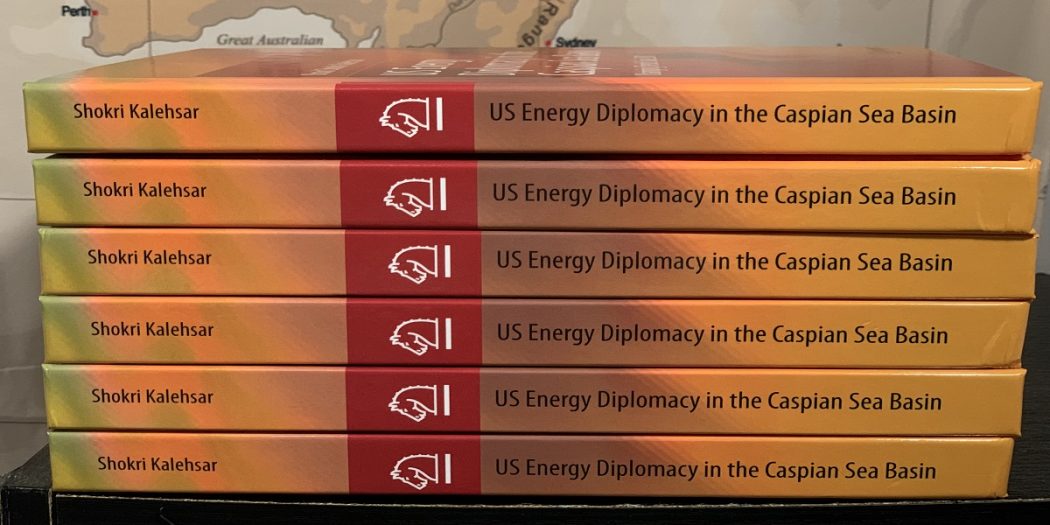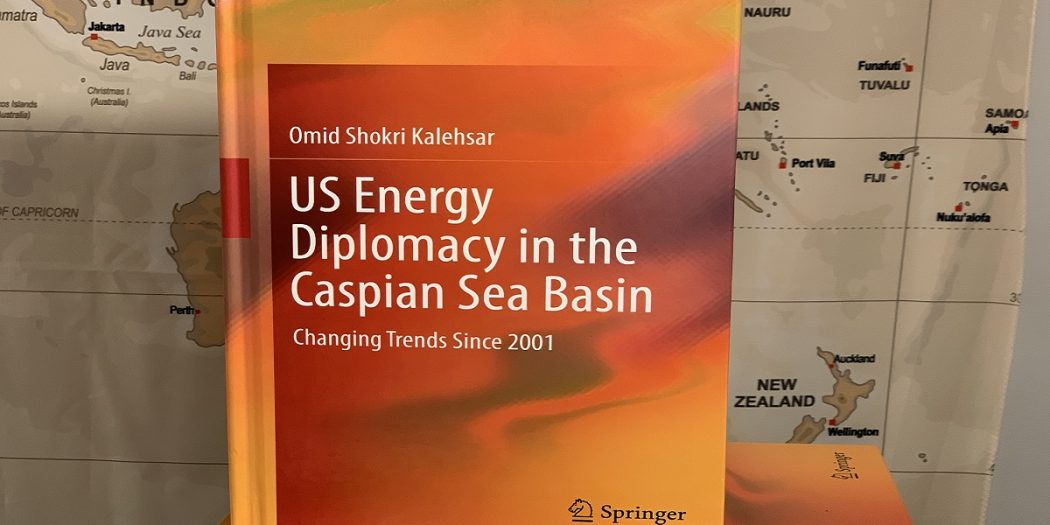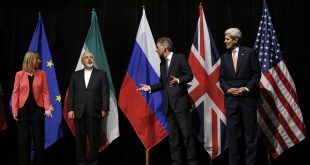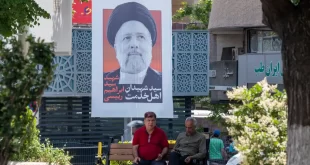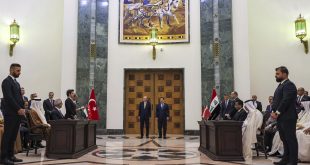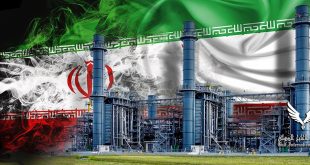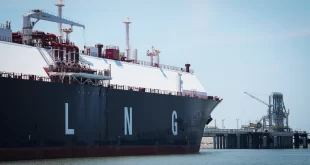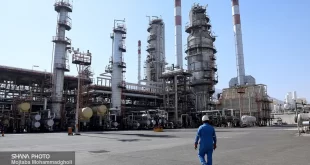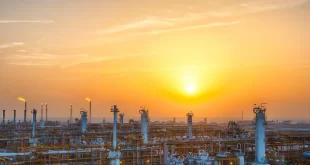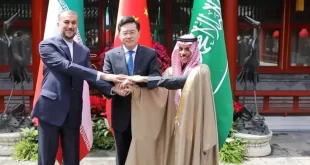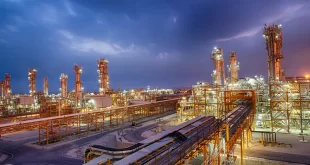Both the United States and the European Union have expressed interest in constraining Iran’s nuclear program—but negotiations are fraught with risk, and require a willing partner in Tehran in order to achieve real progress. With the signing of the 2015 Joint Comprehensive Plan of Action (JCPOA), Iran agreed to suspend its nuclear …
Read More »Recent Articles
Iran needles the West with its growing oil production goals
Iran says it will produce 4m bpd Sceptics say it is an election ploy Exports using a ‘shadow fleet’ Iran has said it intends to raise its oil output to 4 million barrels per day from about 3.5 million bpd currently. Industry experts are sceptical about Tehran’s ambitions and say …
Read More »Geopolitics and Challenges in Iraq’s Quest for Regional Connectivity
To advance its ambitious Development Road project, Iraq must navigate several obstacles, including inadequate infrastructure, corruption, security concerns, and a delicate geopolitical position. Last month, after Turkish President Recep Tayyip Erdogan visited Baghdad, Iraq announced that it would join the region-wide “Development Road” project, which will link the country with Qatar, the UAE, and …
Read More »Untangling the Motives Behind Iran’s New Energy Agreements
Beset by an unprecedented domestic energy crisis, Iran has sought to cement foreign energy deals and investment, to varied success. Though the country faces a raft of international sanctions and several major geopolitical hurdles, Iran’s oil and gas sector has seen a significant expansion in recent months—a period of growth marked by …
Read More »SCARCITY & SECURITY: EUROPEAN IMPACT OF BIDEN’S LNG DECISION
Biden’s LNG freeze makes little sense from both European and the US energy security perspectives. It won’t promote a green energy transition. Most energy experts acknowledge that LNG is the principal bridge fuel necessary for a green future. And if American LNG is not readily available, it will be replaced …
Read More »Tehran’s Hurdles In Extracting Lorestan’s Shale Oil
In recent years, Iranian authorities have often announced significant discoveries of oil and gas reserves, but, in reality, the government has faced tremendous challenges – often self-inflicted – in actually extracting these resources. In February 2017 authorities revealed the presence of two billion barrels of shale oil reserves in the …
Read More »Iran Renews Iraq Gas Contract Amid Production Uncertainty
Despite a persistent and alarming deficit in its natural gas production, Iran recently chose to renew gas export contracts with Iraq – a decision that can have severe consequences for its own energy needs. While Iran boasts having the second largest natural gas reserves in the world, its production capacity …
Read More »Saudi Iranian Relations Remain Cool Despite Renewed Diplomatic Ties
Hopes for increased economic cooperation between Iran and Saudi Arabia following last year’s diplomatic reconciliation have not materialized, due to historical and political factors Saudi Arabia and Iran have a long history of hostility, usually taking opposing sides in regional conflicts such as Yemen, Lebanon, and Syria. This competition, fueled by disruptive activities …
Read More »Shaping the Future: The 7th GECF Summit and Geopolitical Realities of the Gas Market
On the heels of its latest forum in Algiers, the Gas Exporting Countries Forum (GECF) has grown substantially in size and influence, highlighting the essential role of natural gas in balancing global energy, promoting sustainability, and addressing market volatility, technological challenges, and geopolitical tensions. The 7th Gas Exporting Countries Forum (GECF) Summit in Algiers …
Read More »Qatar’s Gas Ambition Affects Iran’s Reserves
As Qatar sets higher ambitions for its gas output, Iranian officials scramble to justify their under-performance in developing the South Pars field, resorting to statistical maneuvers to deflect criticism. Sakhavat Asadi, the chief executive of Iran’s Pars Special Economic Zone Organization, has claimed that Iran’s natural gas production from the …
Read More »
